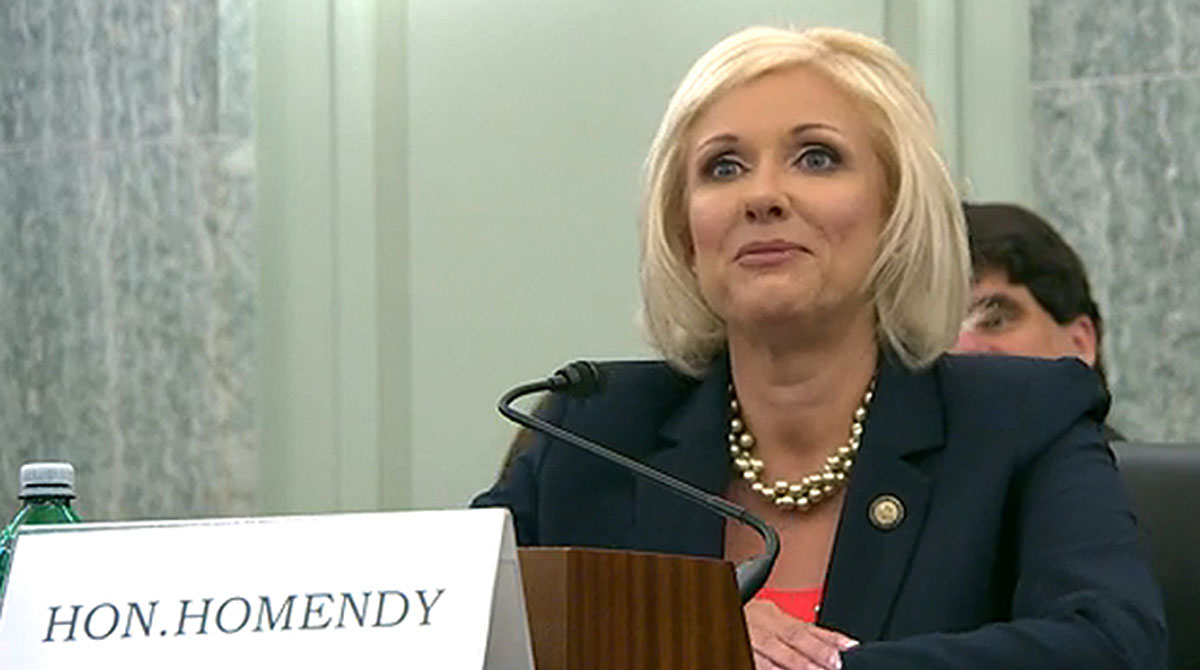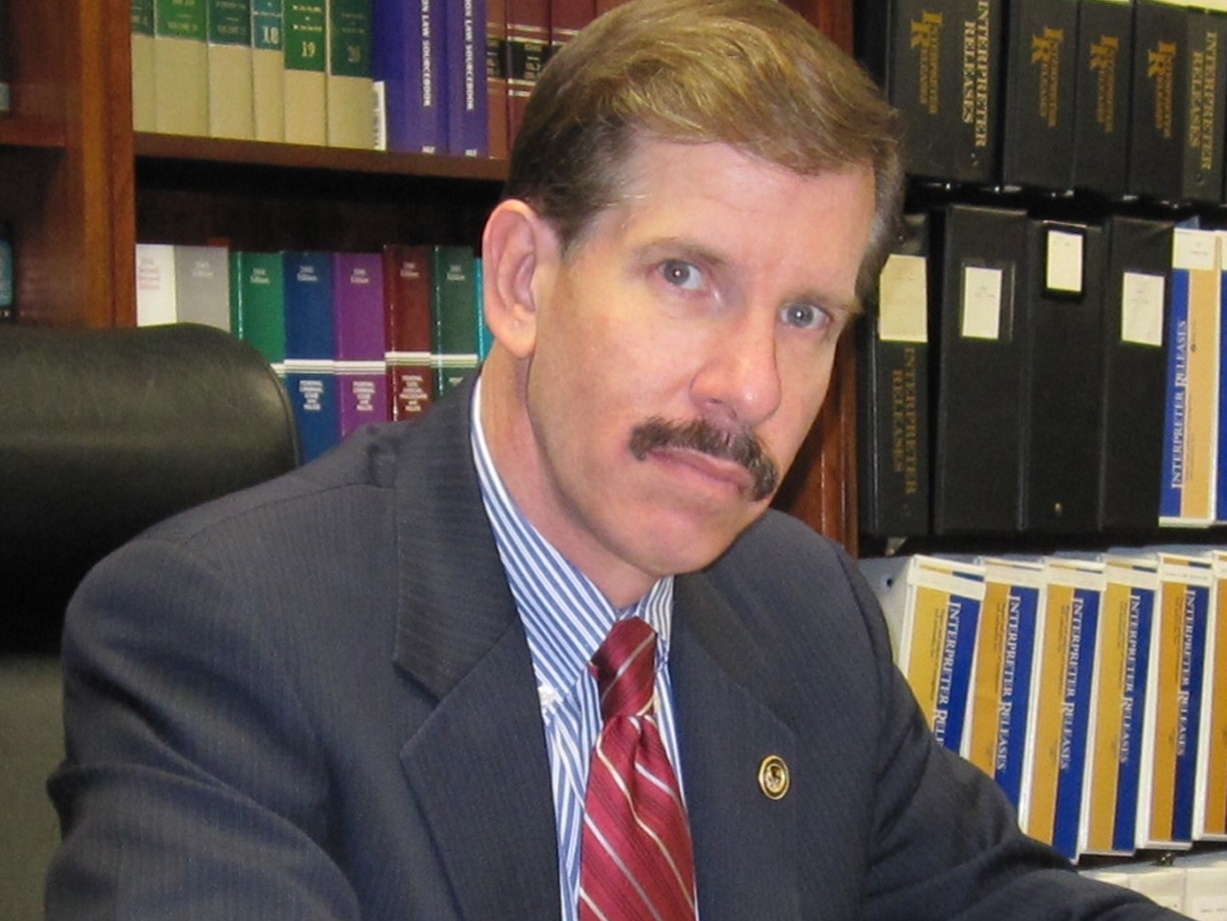Learning
Jo Freeman: Fourth Dispatch from the RNC -- Largely on Things To Do At The Convention
There’s Plenty To Do at the RNC – If You Have the Right Credentials
by Jo Freeman
Every national nominating convention has plenty of auxiliary events, some authorized, some not. Getting space can be a challenge; getting the word out even more so. But they do it nonetheless. Press were given a RNC 2024 Master Event Calendar, which was updated a few days later. Events began on Sunday and ended on Thursday. The actual convention sessions were just one item on the list. The calendar said if an event was Open or Closed to press, and also whom to contact to register. I’m going to describe some of the events, including a couple I went to, and a couple I was turned away from.
Since my focus is on women, I obviously wanted to go to those events – if I could.
The National Federation of Republican Women is the largest grassroots Republican women's organization in the country with hundreds of clubs. Founded in 1938, its members made the phone calls and knocked on the doors that elected Republican candidates for decades. It’s Tuesday luncheon featured Arkansas Governor Sarah Sanders. The Master Calendar said it was SOLD OUT and they wouldn’t let me in. I was able to get into their lounge at the Fiserv Forum Wednesday evening, where I was repeatedly asked if I was a member, and if not, would I join. “I’m press,” I said. “I can’t join anything partisan.” I then said: “What brings you here?” On hearing that, finding anyone willing to chat with me was like pulling teeth.
Moms for Liberty met in a concert hall that afternoon. I had pre-registered, and I got in. From high in a balcony seat I listened to several people talk about the evils of transgenderism. It’s webpage says WE BELIEVE Power Belongs to the People. Sound Familiar? With a focus is on parental rights, it wants to “STOP WOKE indoctrination.”
Tuesday I went to “The New Mavericks” reception co-hosted by the Black Republican Mayors Association and the Georgia Republican Party. They honored Sen. Tim Scott, four Congressmen and two Georgia delegates – all male. There was only one mayor on stage, from Aurora, IL. The chair of the Georgia Republican Party was the one white man on the stage. At that event, women served; they didn’t speak. The RNC reported that 55 delegates to the 2024 convention are Black, up from 18 in 2016.
I missed the Independent Women’s Forum toast to “Women Who Make Our Country Great” because I went to Convention Fest: The Official Delegate Experience, which was held in the streets outside the Fiserve Forum and Baird Hall as well as some space inside Baird. To get to that one you not only needed a credential of some sort, but a USSS pass (which I have).
Concerned Women for America parked its pink bus across from the Baird Center the week before the RNC. No one was home. When Convention Fest opened on Tuesday afternoon, they set up a pink tent, from which its leaders preached to whomever passed by. It calls itself “the nation’s largest public policy women’s organization” but its focus is evangelical Christian. The slogan on the side of its pink bus captures this emphasis: “She Prays, She Votes.” A prayer precedes each sermon.
 "Henry Ford Innovation Nation", a Favorite Television Show
"Henry Ford Innovation Nation", a Favorite Television Show
Between looking at a post we had started about Nancy Pelosi and the January 6th Committee, we delved into a weekend show, while watching on our CBS favorite TV program, Henry Ford Innovation Nation: "250 acres of unexpected awe-inspiring experience. At The Henry Ford, you'll discover America — its culture, inventions, people and can-do spirit — and hundreds of hands-on ways to explore it, enjoy it and be inspired by it. Prepare to be astounded by our attractions and resources: Henry Ford Museum of American Innovation, Greenfield Village, Ford Rouge Factory Tour and Giant Screen Experience." An interesting program to share with young people... more »
 Impaired Driving and Excessive Speeding: The National Transportation Safety Board and Alcohol Impairment Detection Systems
Impaired Driving and Excessive Speeding: The National Transportation Safety Board and Alcohol Impairment Detection Systems
“Technology could’ve prevented this heartbreaking crash — just as it can prevent the tens of thousands of fatalities from impaired-driving and speeding-related crashes we see in the U.S. annually,” said NTSB Chair Jennifer Homendy. “We need to implement the technologies we have right here, right now to save lives.” Requiring passive vehicle-integrated alcohol impairment detection systems, advanced driver monitoring systems or a combination of the two that would be capable of preventing or limiting vehicle operation if it detects driver impairment by alcohol. The NTSB recommends that the National Highway Traffic Safety Administration require all new vehicles to be equipped with such systems. Incentivizing vehicle manufacturers and consumers to adopt intelligent speed adaptation systems that would prevent speed-related crashes. This is a reiteration of a previous NTSB recommendation to NHTSA." more »
 US Department of Justice: "From Nuremberg to Ukraine: Accountability for War Crimes and Crimes Against Humanity”
US Department of Justice: "From Nuremberg to Ukraine: Accountability for War Crimes and Crimes Against Humanity”
"The Justice Department is committed to holding the perpetrators of such grave crimes fully accountable. During a trip to Ukraine in June, Attorney General Garland announced the creation of the Department’s War Crimes Accountability Team, to centralize and strengthen our Ukraine accountability efforts, and he asked me to lead it. Unfortunately, however, the Title 18 war crimes statute does not cover the vast majority of war criminals who have come to the United States, who are here, or who will eventually come here – because it confers jurisdiction only when a victim or perpetrator is a U.S. person, not on the basis that the perpetrator has immigrated to our country or is otherwise on U.S. soil. The statute also contains other provisions that limit our ability to enforce it." more »
 Jo Freeman Reviews Formidable: American Women and the Fight for Equality
Jo Freeman Reviews Formidable: American Women and the Fight for Equality
Jo Freeman writes: "This book is a good introductory overview of US women’s accomplishments and activism over the last hundred years, in only 500 pages. Despite the subtitle, the book is not about feminists. It is about formidable women, many of whom would not think of calling themselves feminists. Eleanor Roosevelt disdained feminism, but, as her chapter documents, she worked hard to improve women’s lives..."If you know little or nothing about women’s history in the United States this book is a good place to start. There is so much more to the story of the fight for equality — which is not yet over." more »






